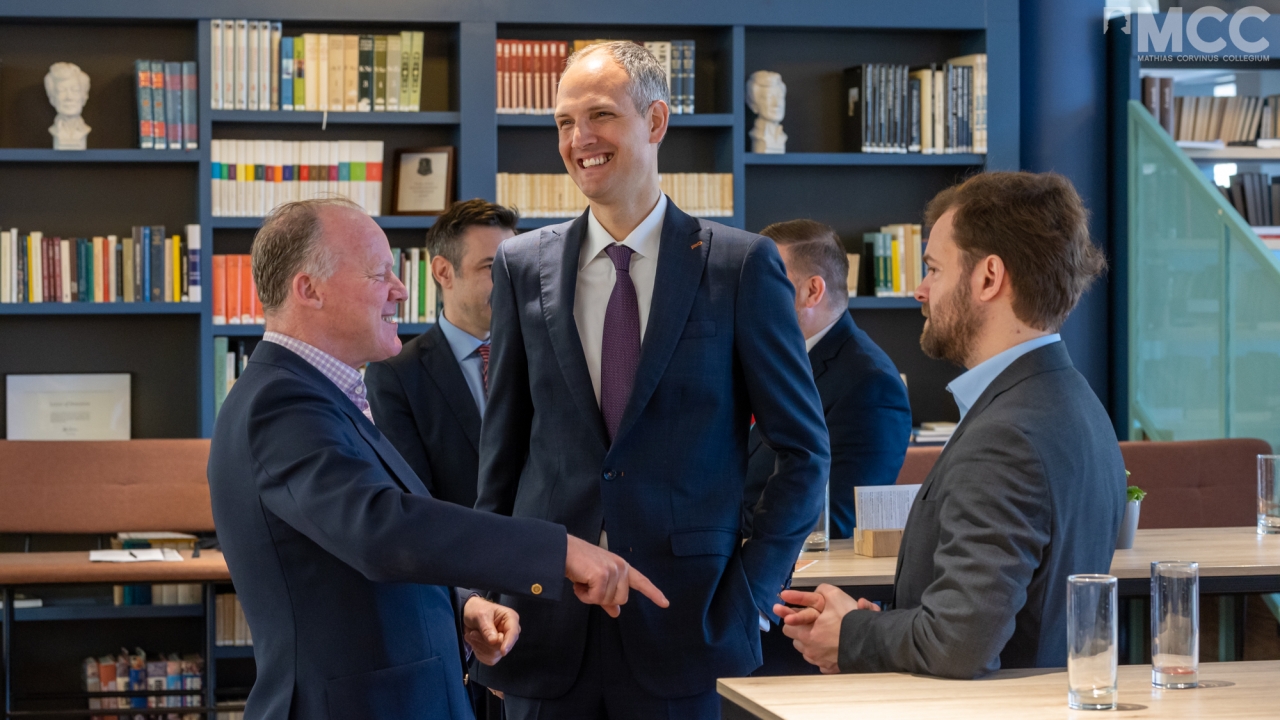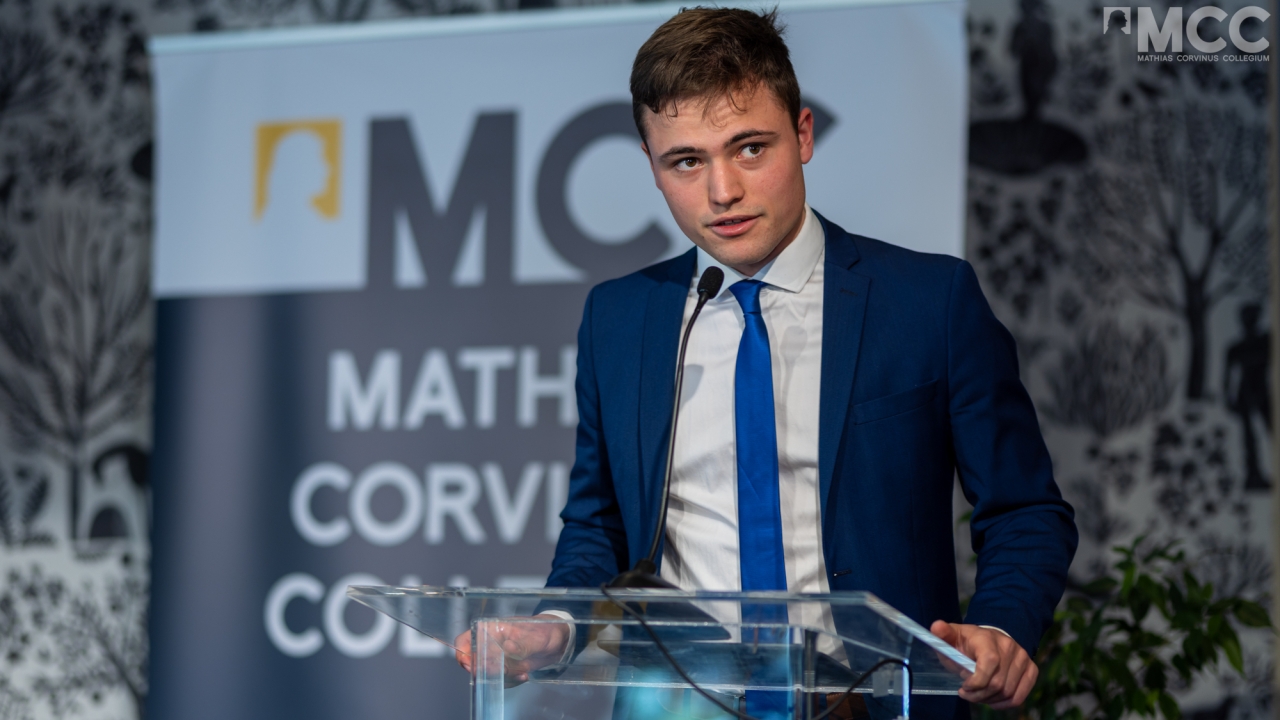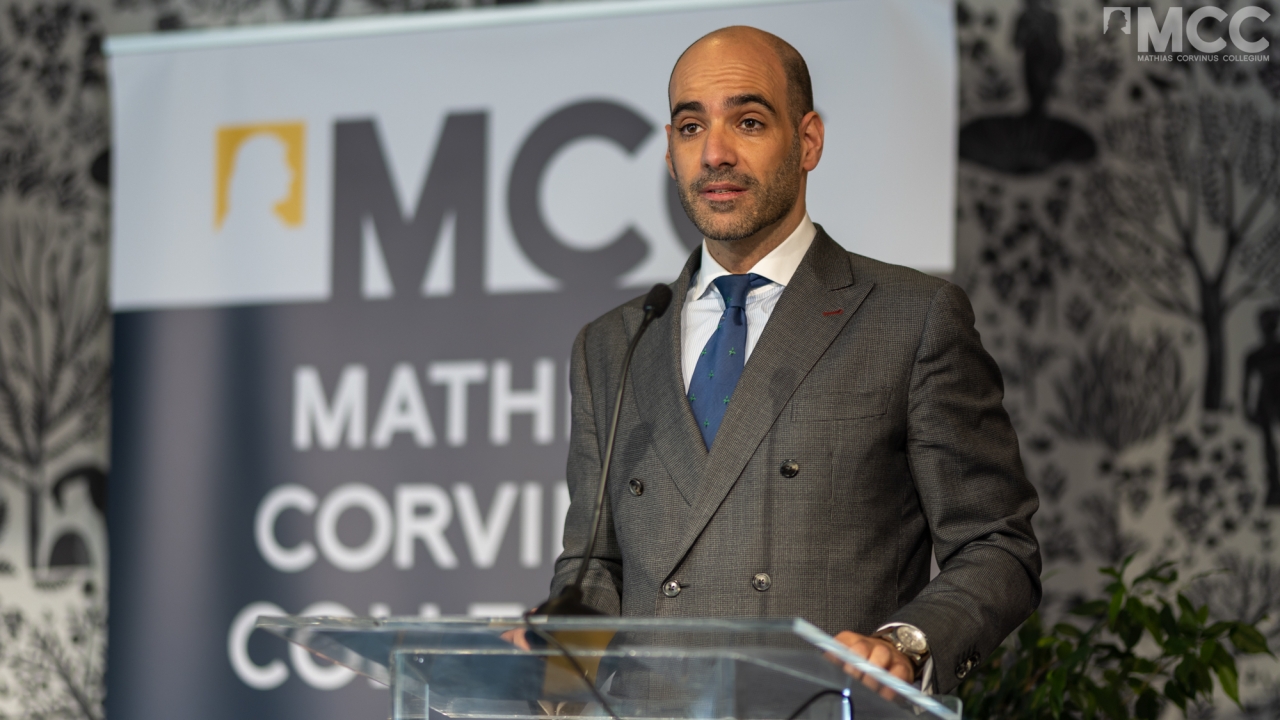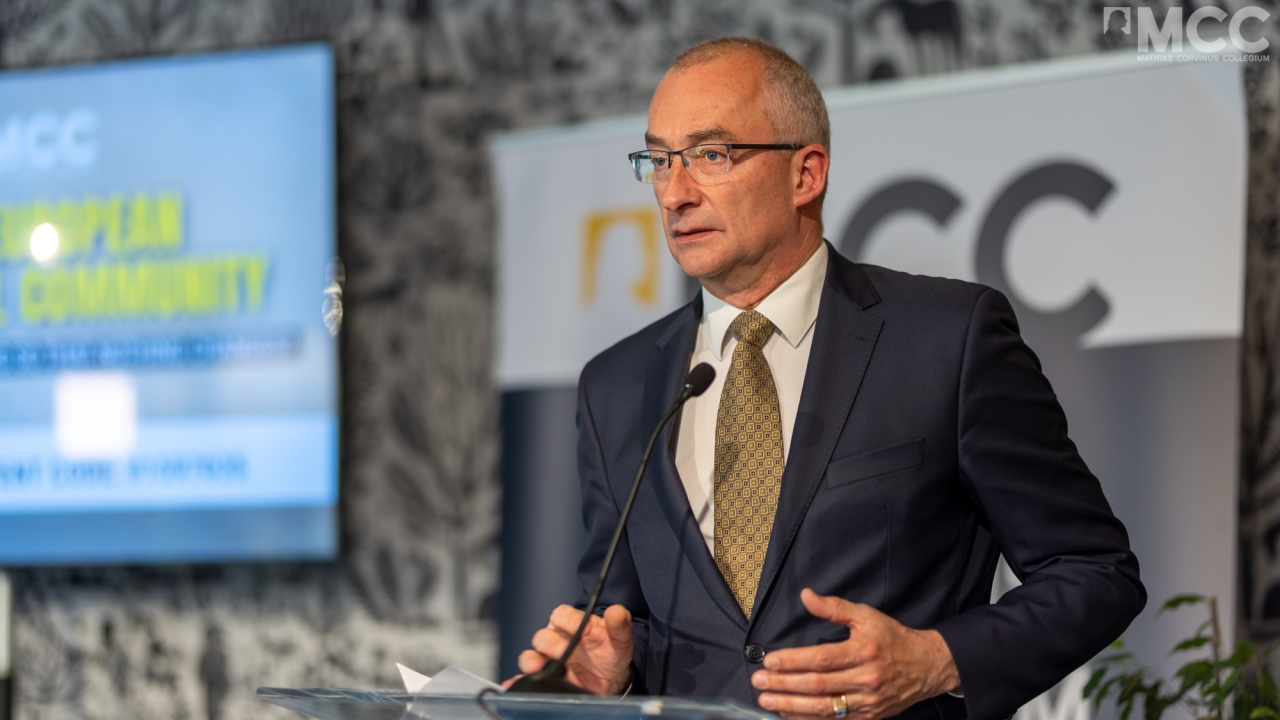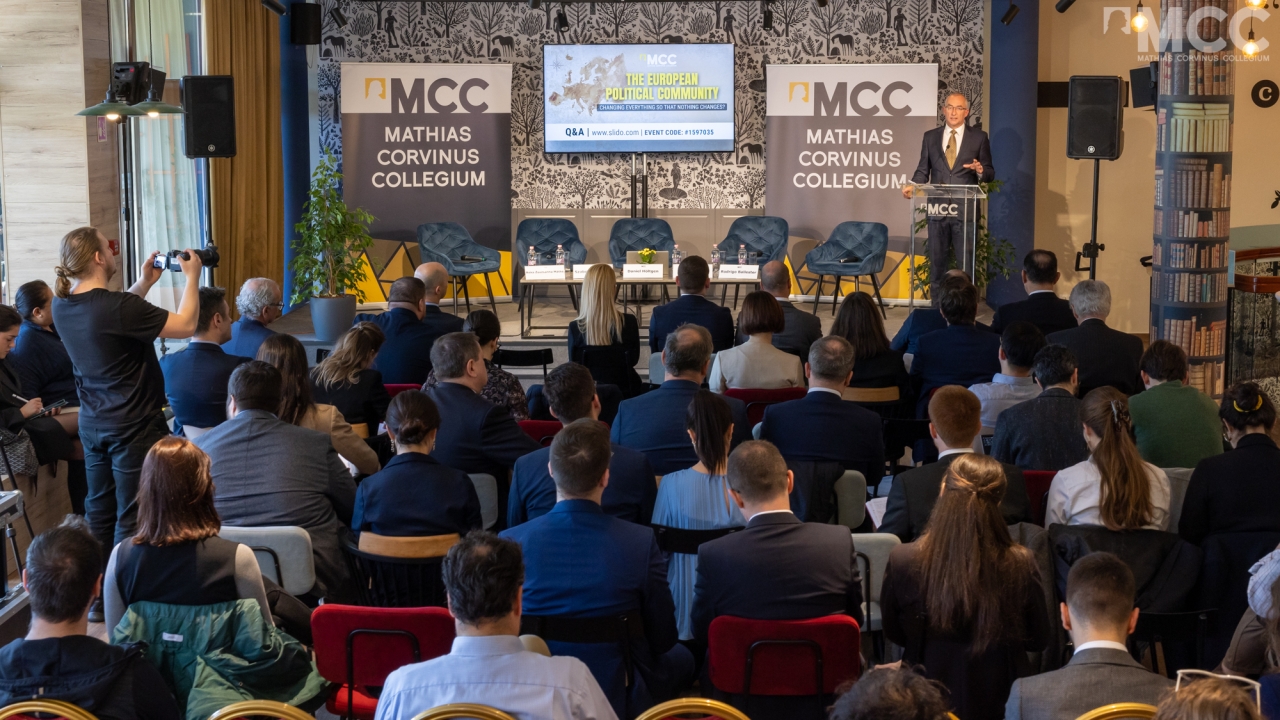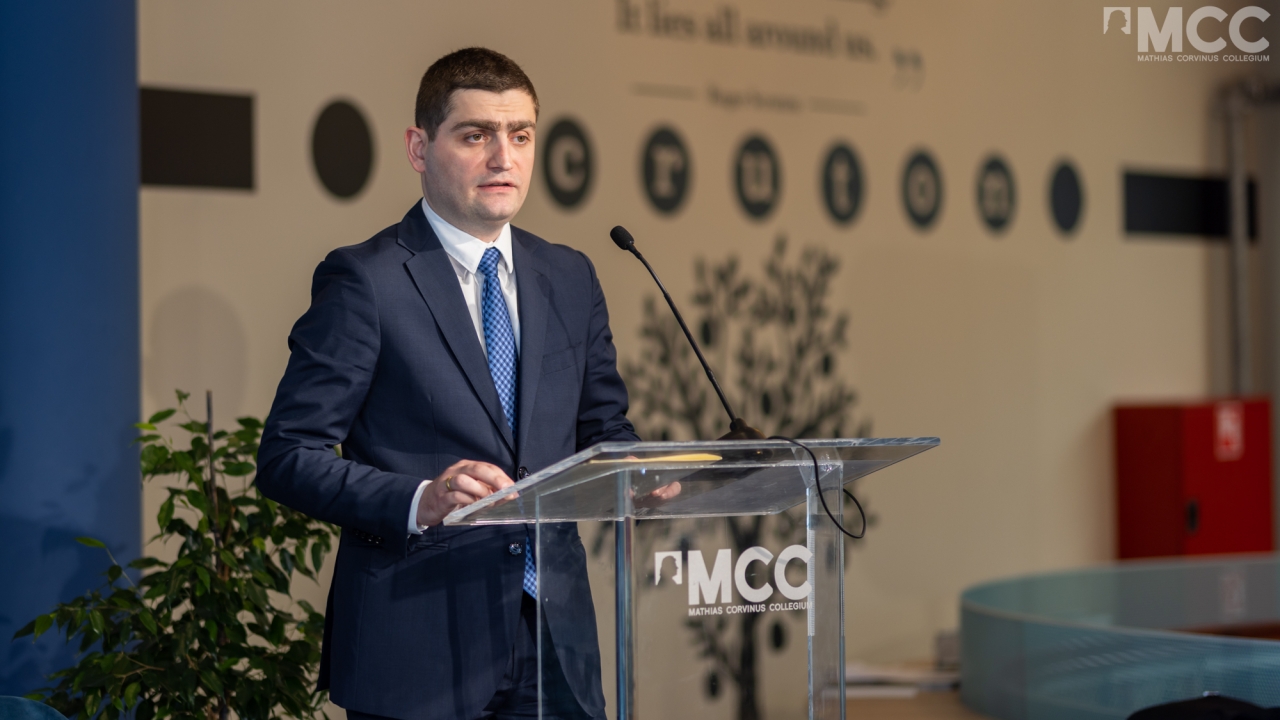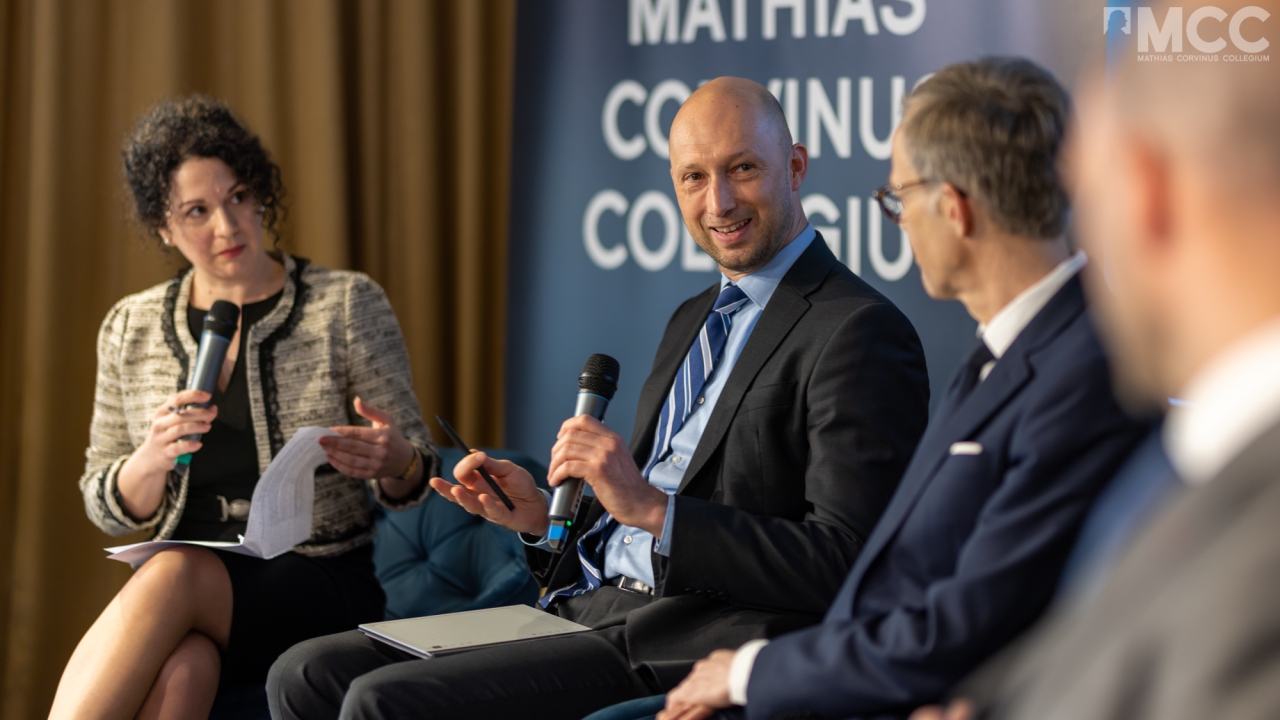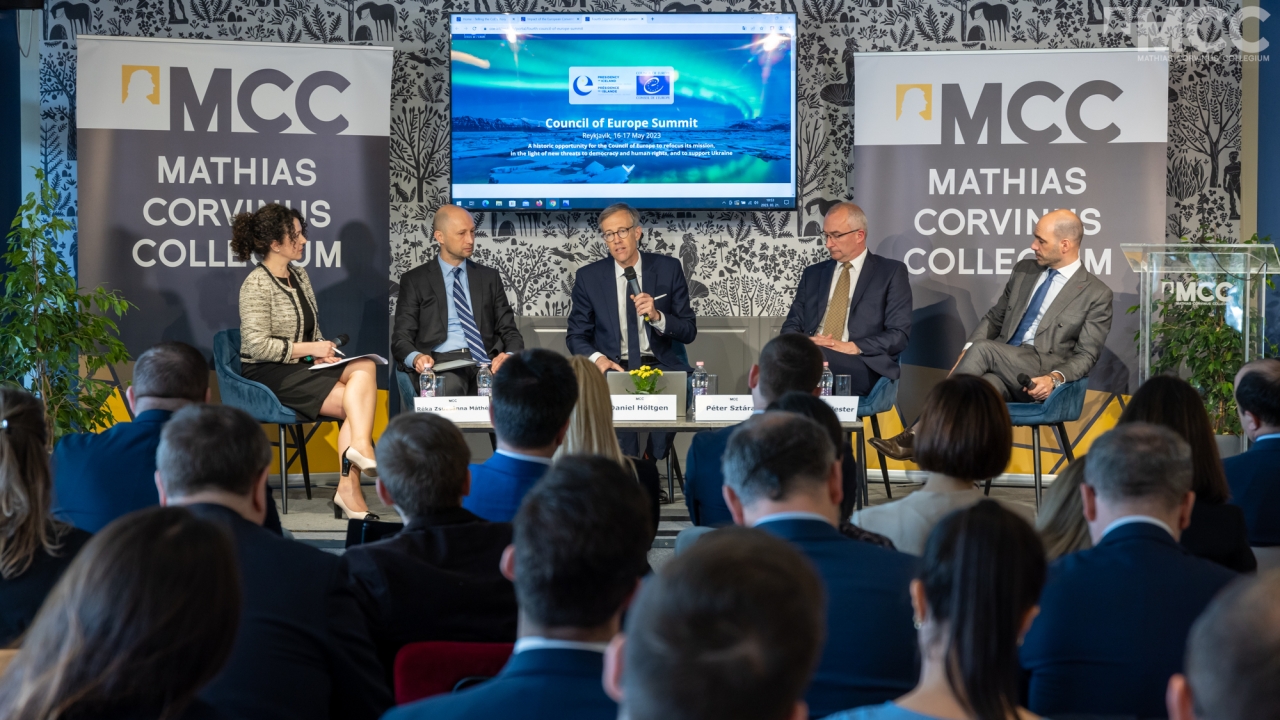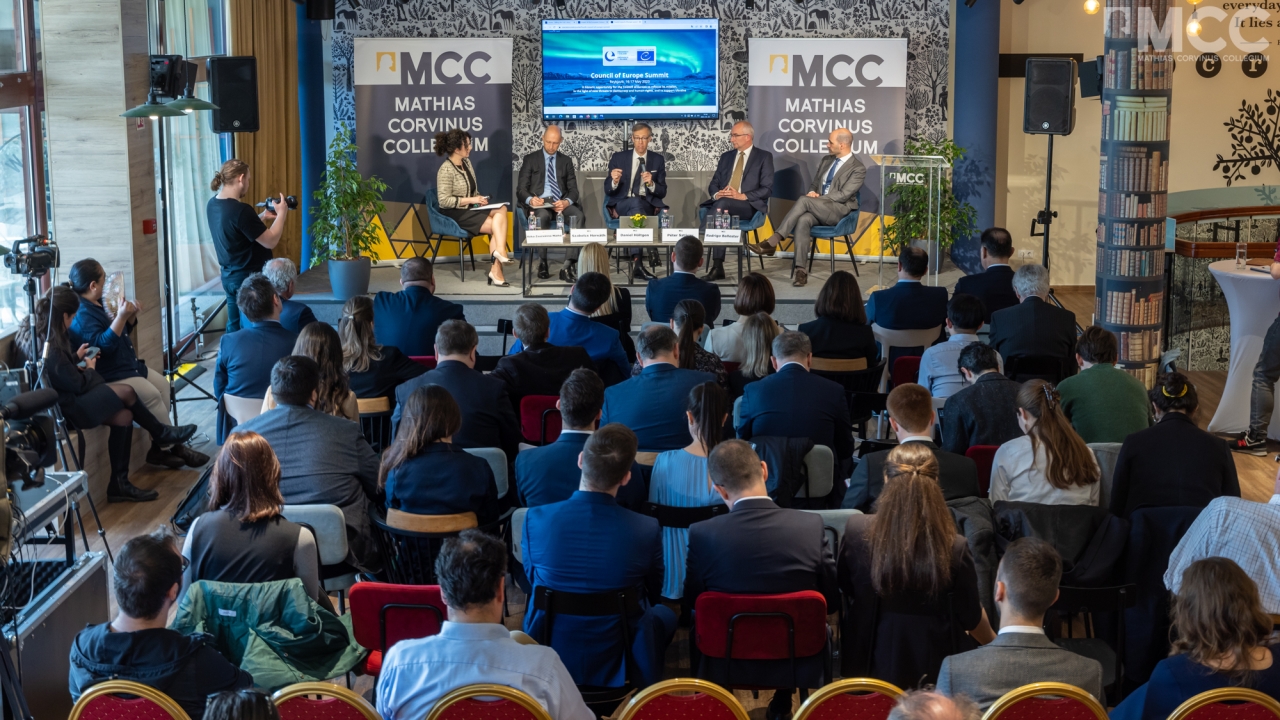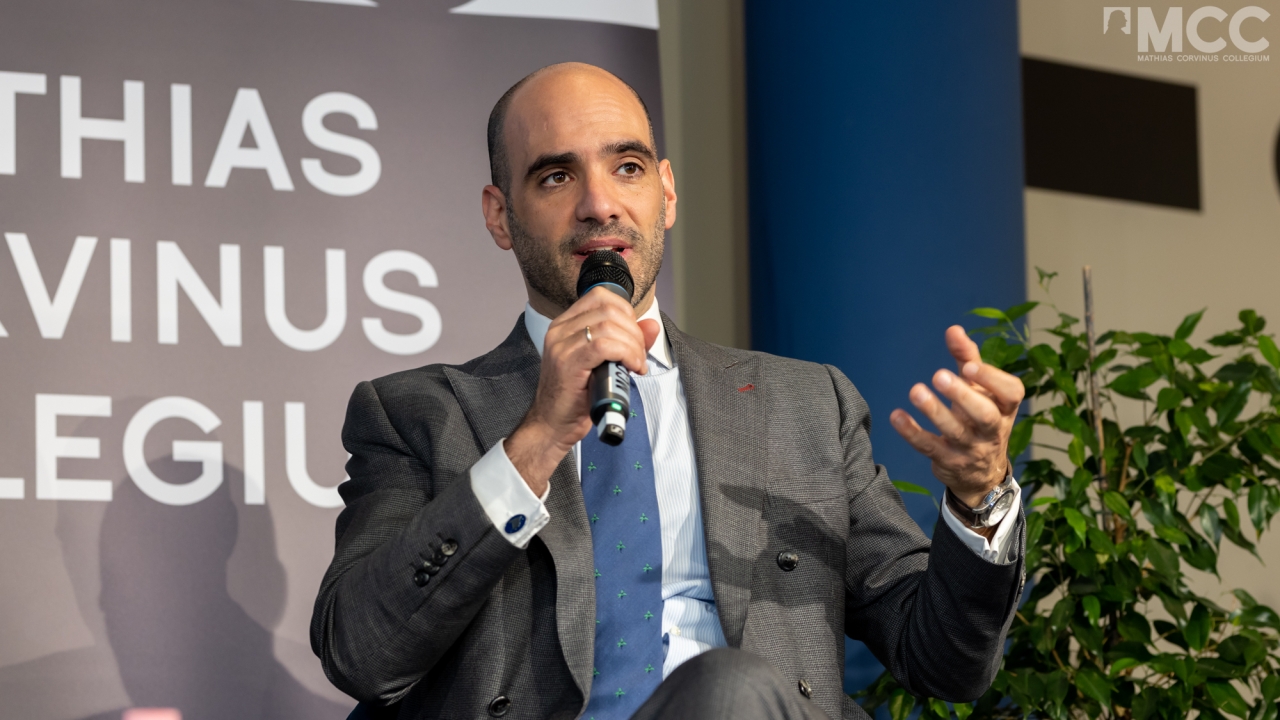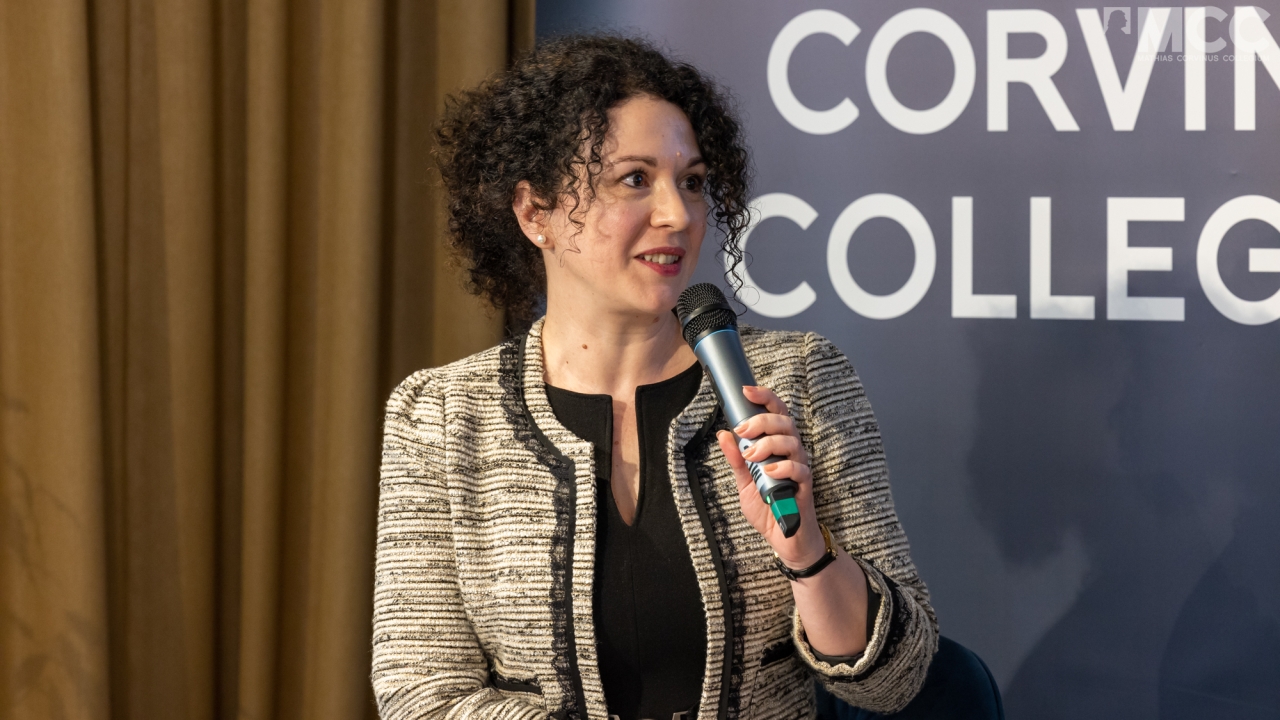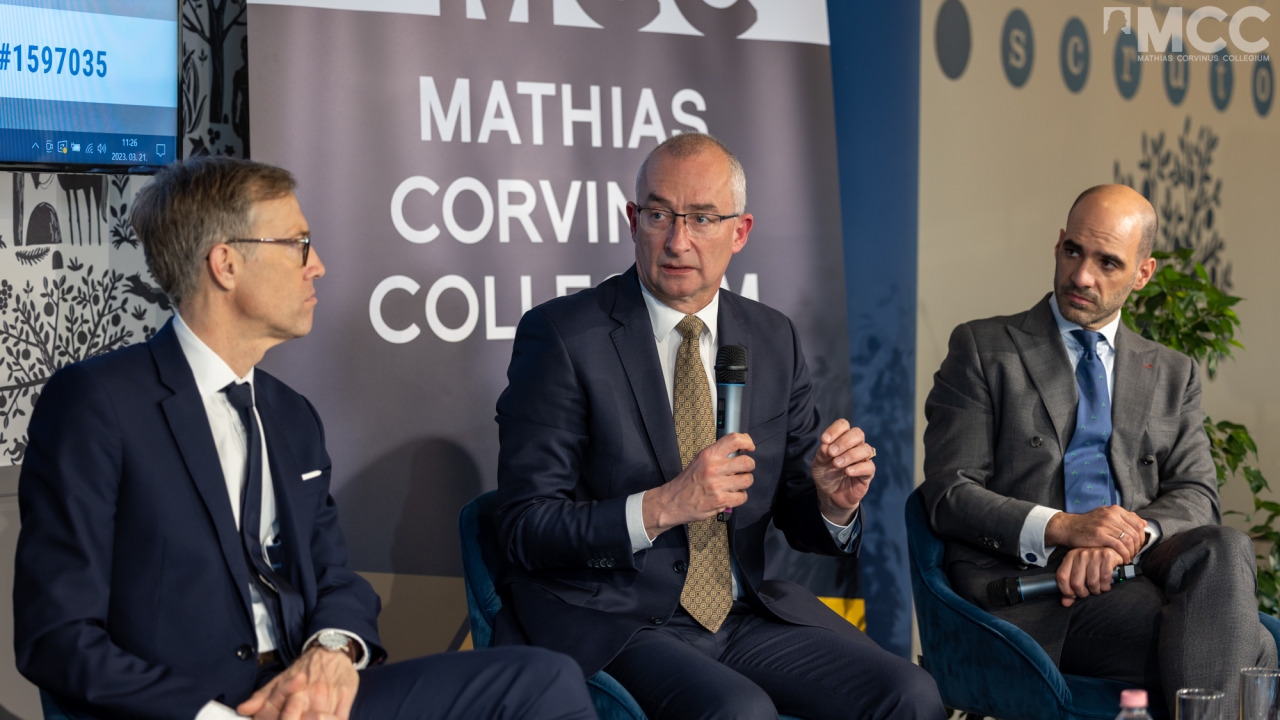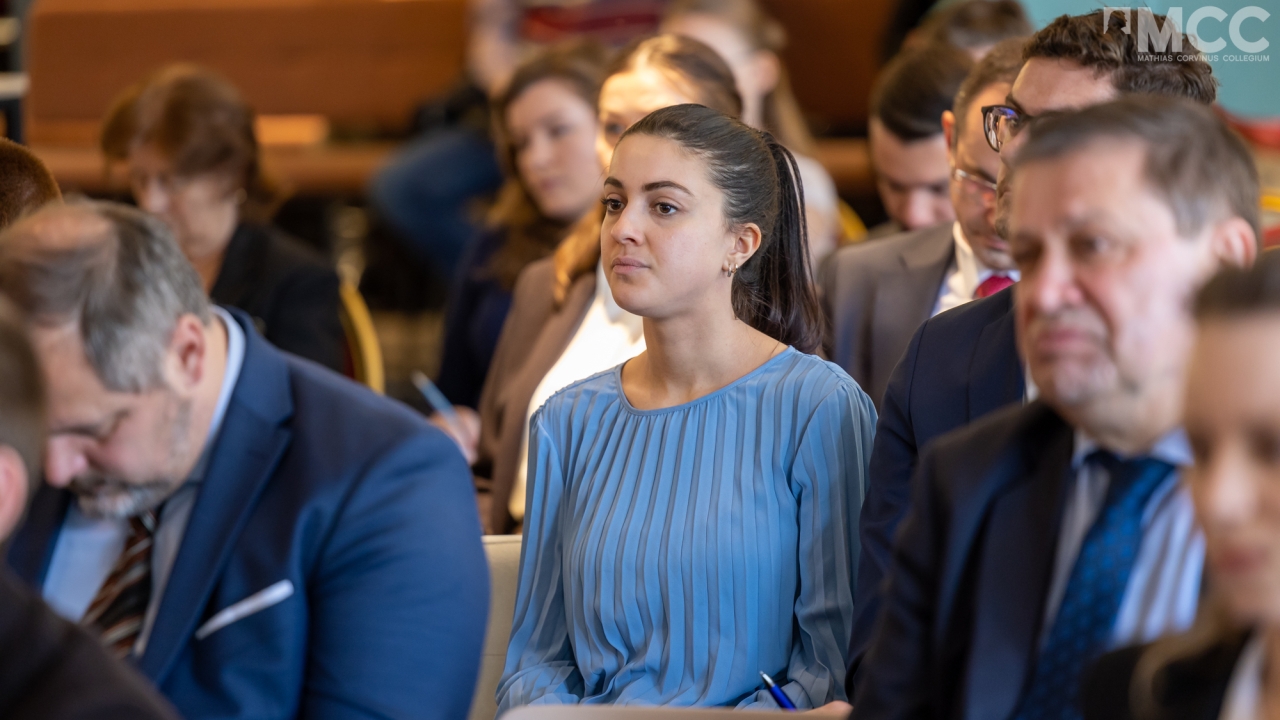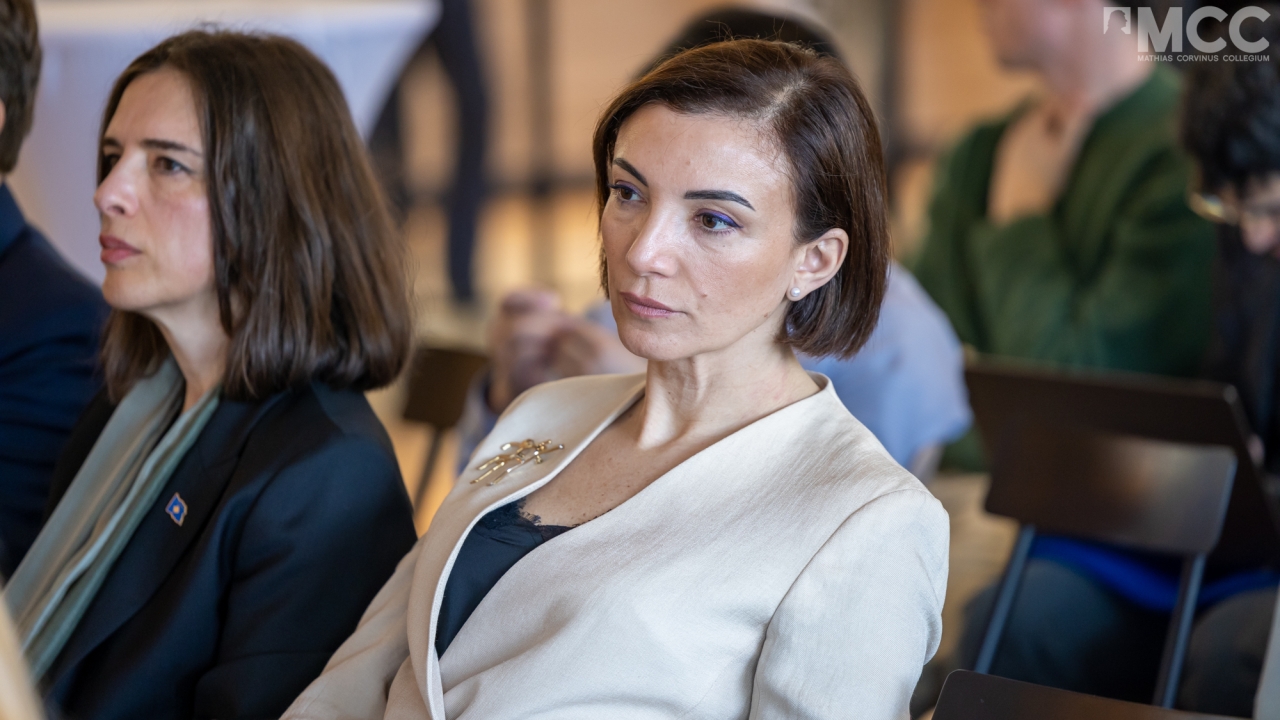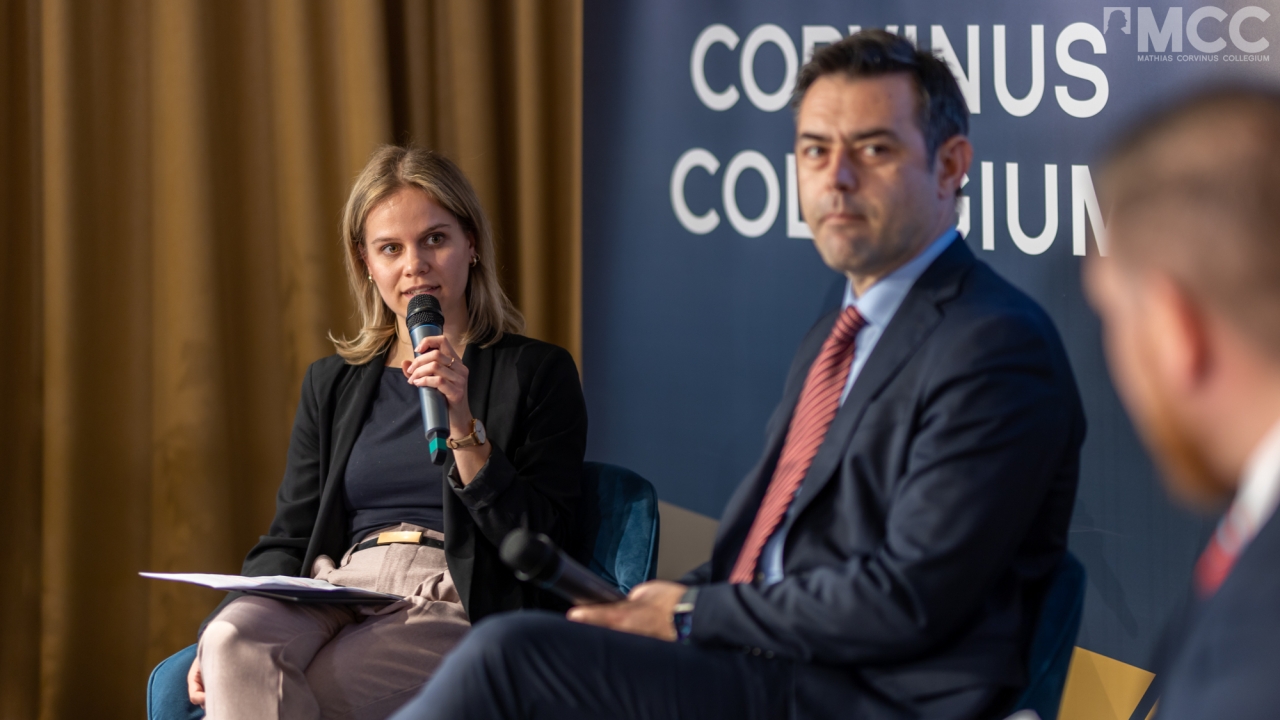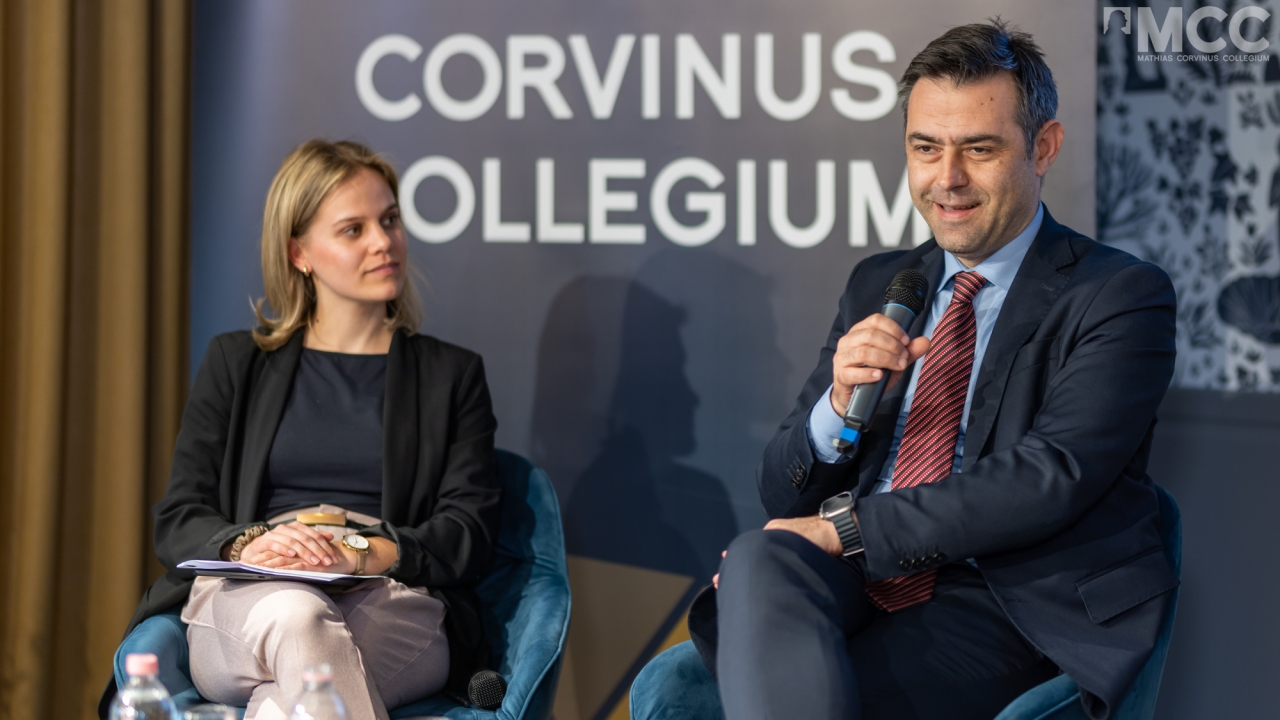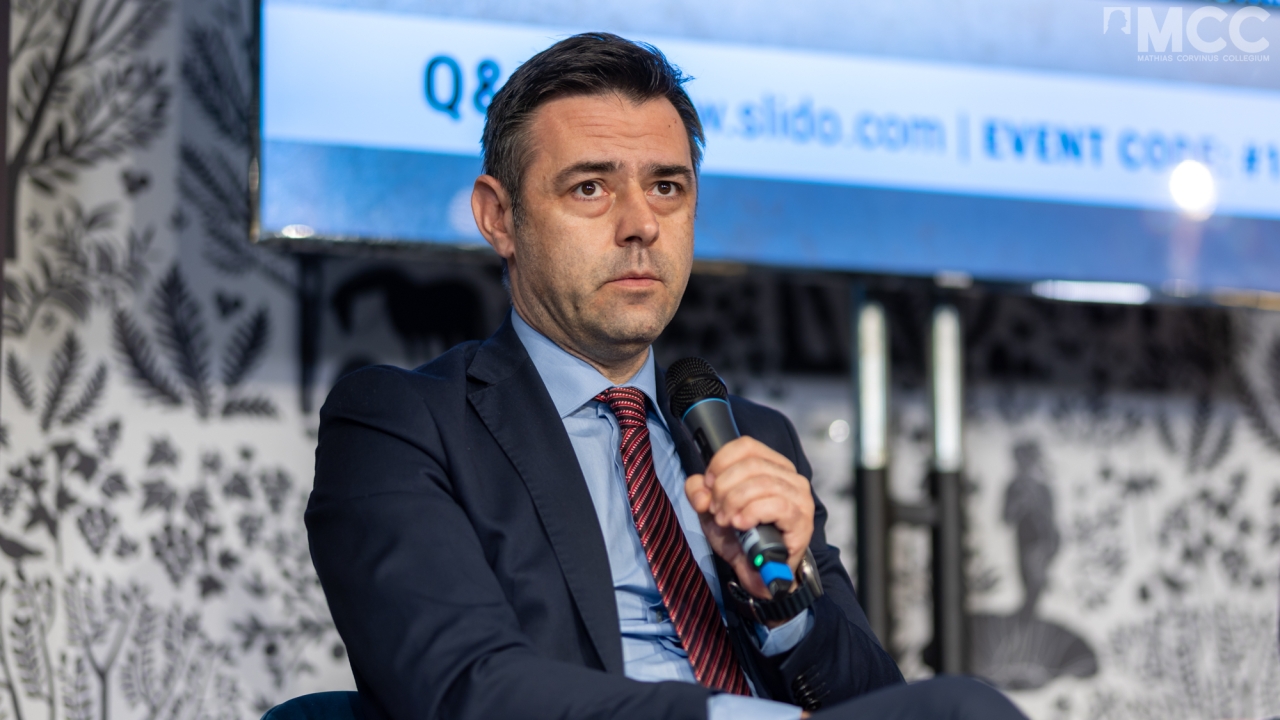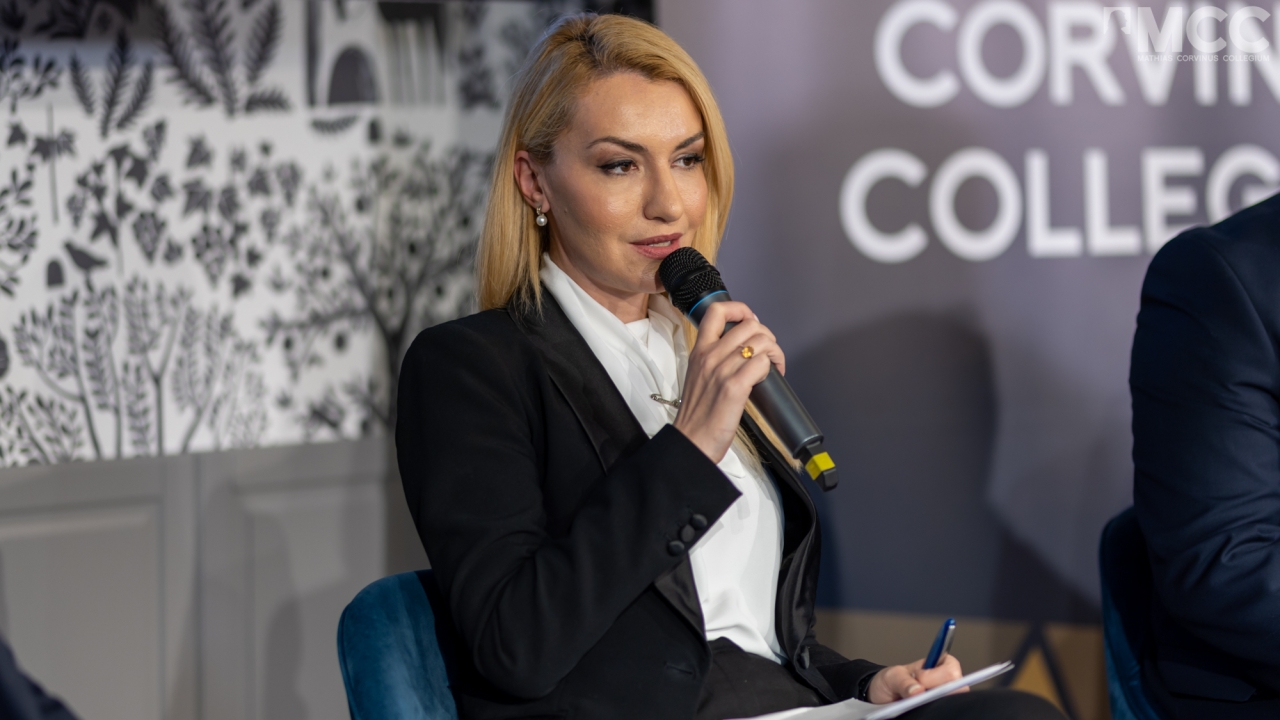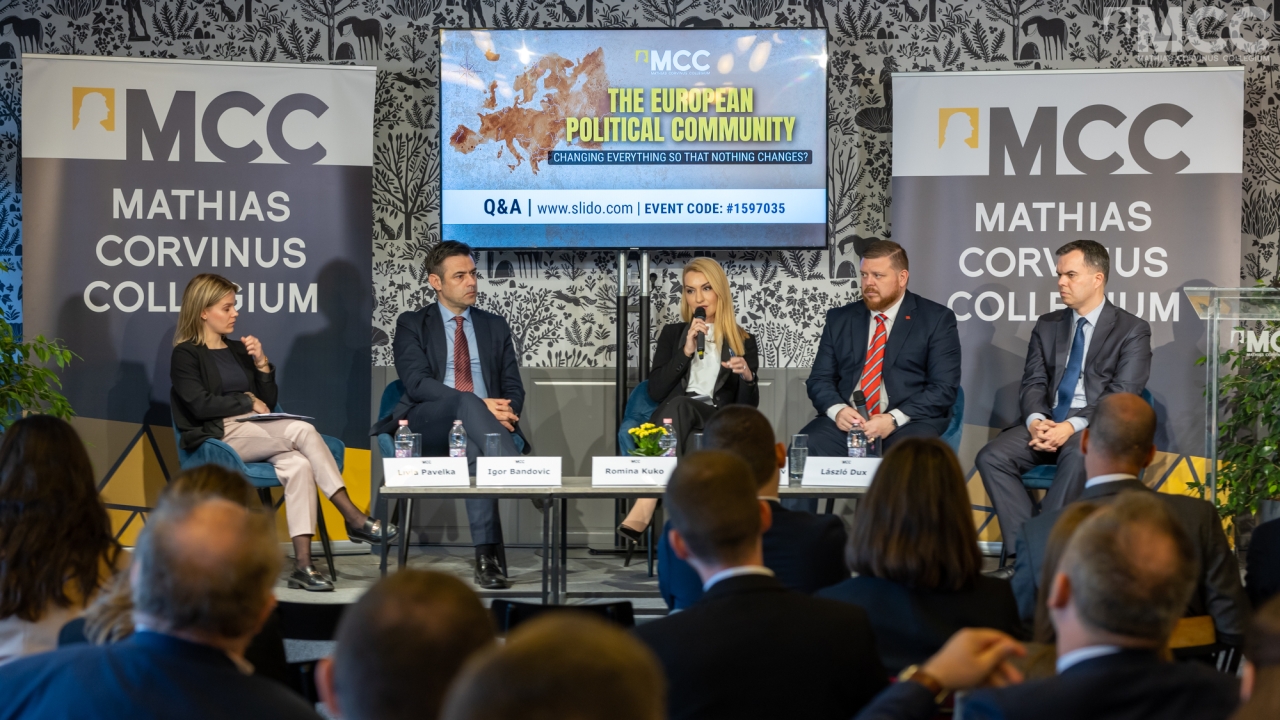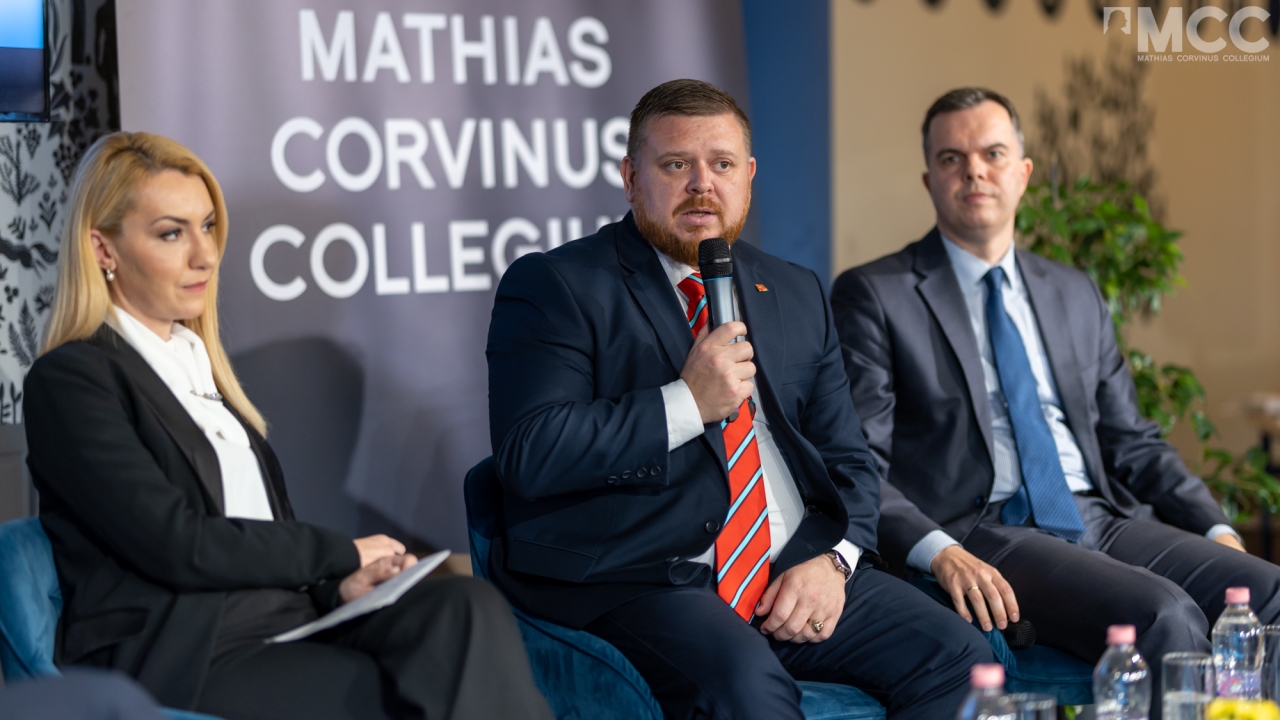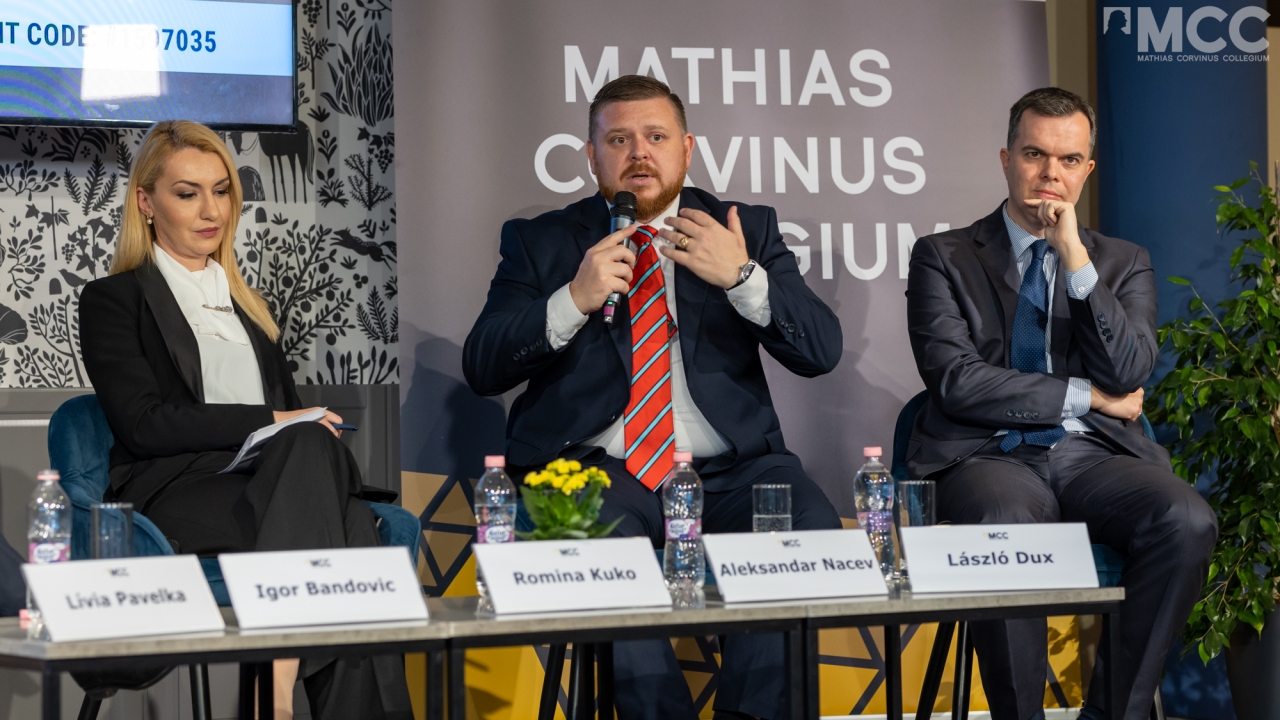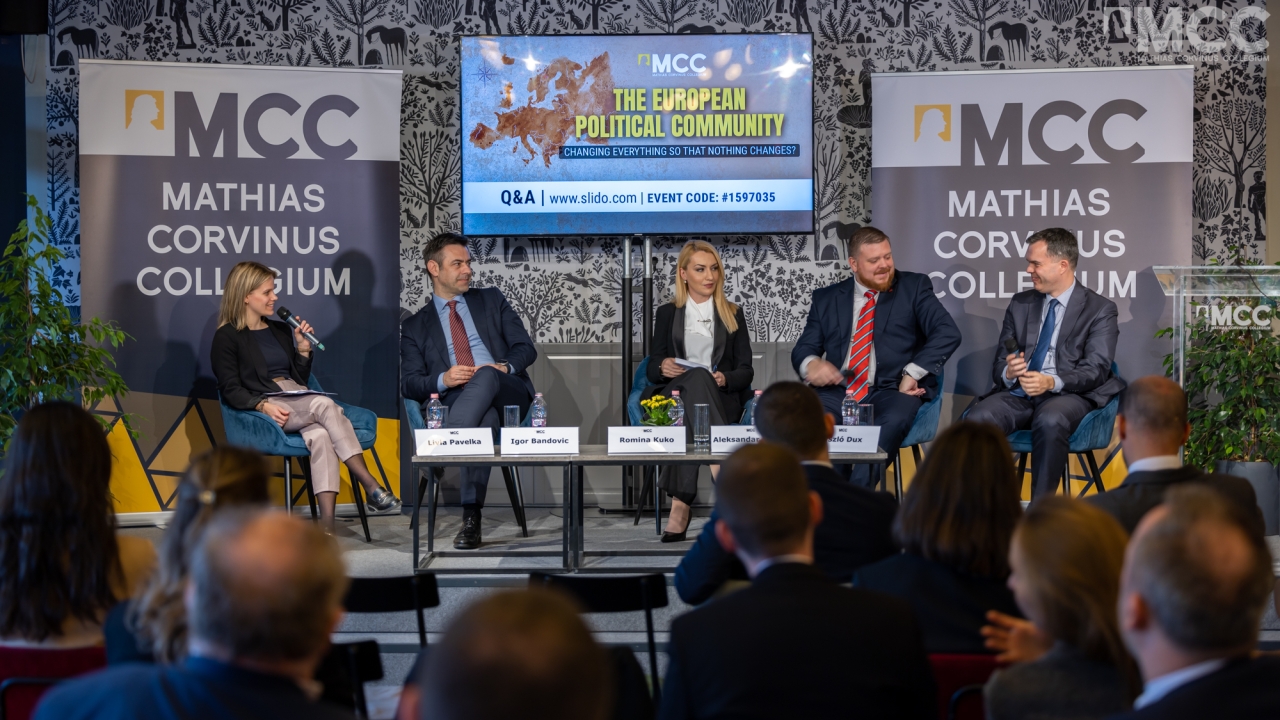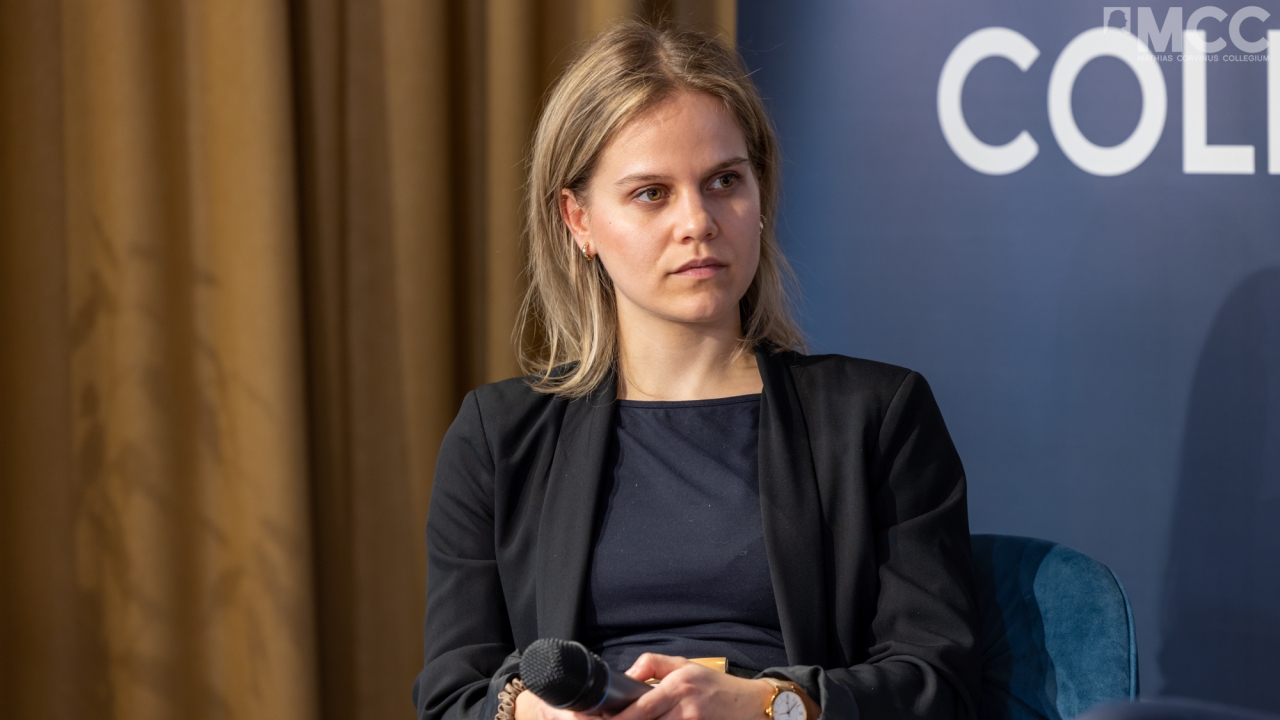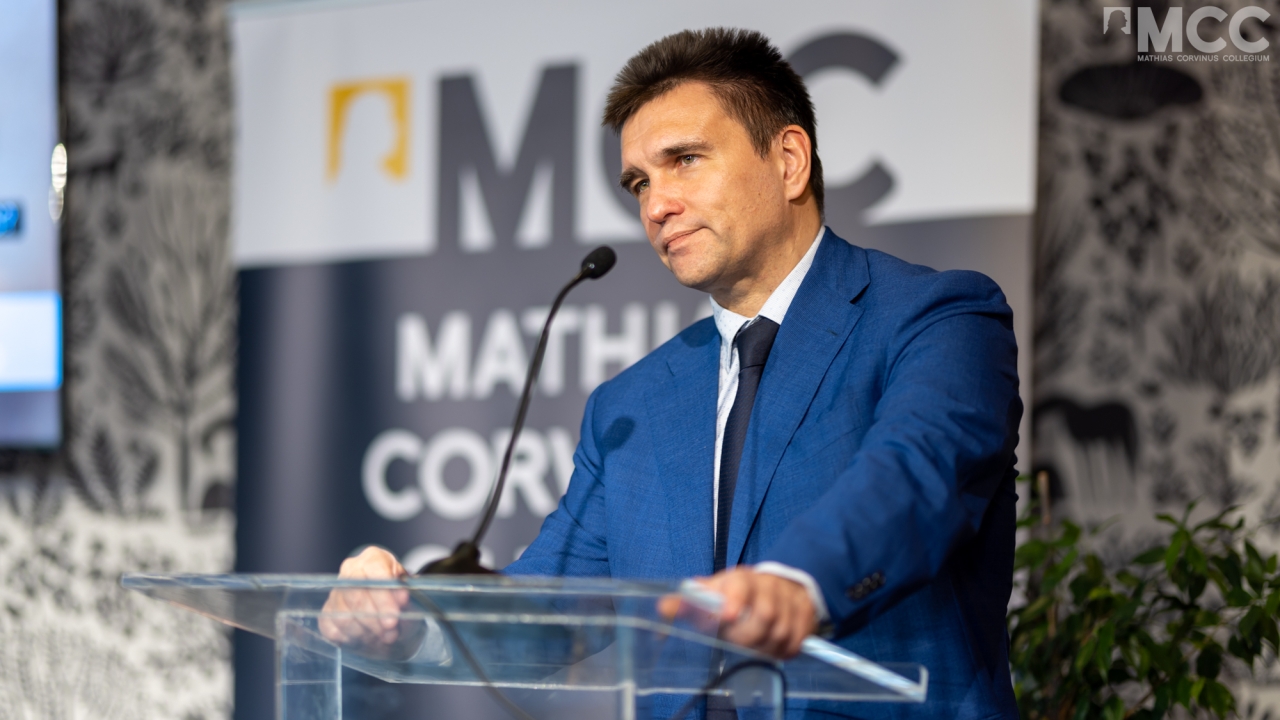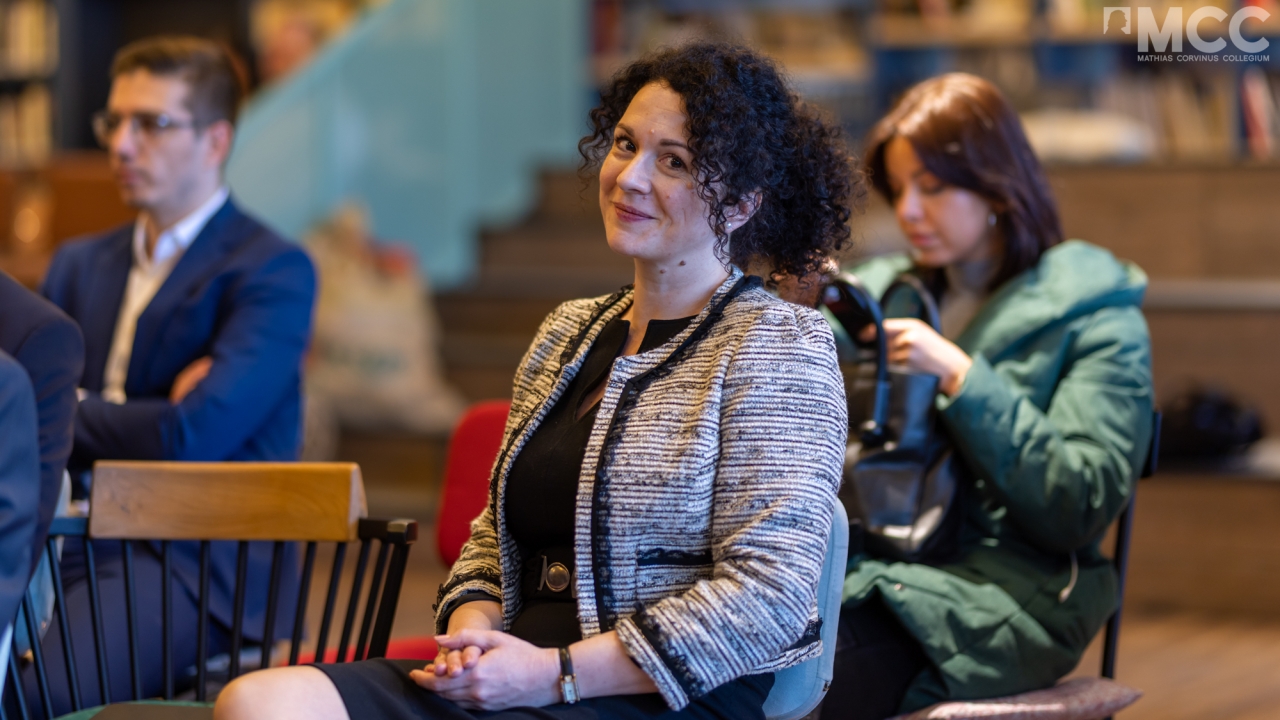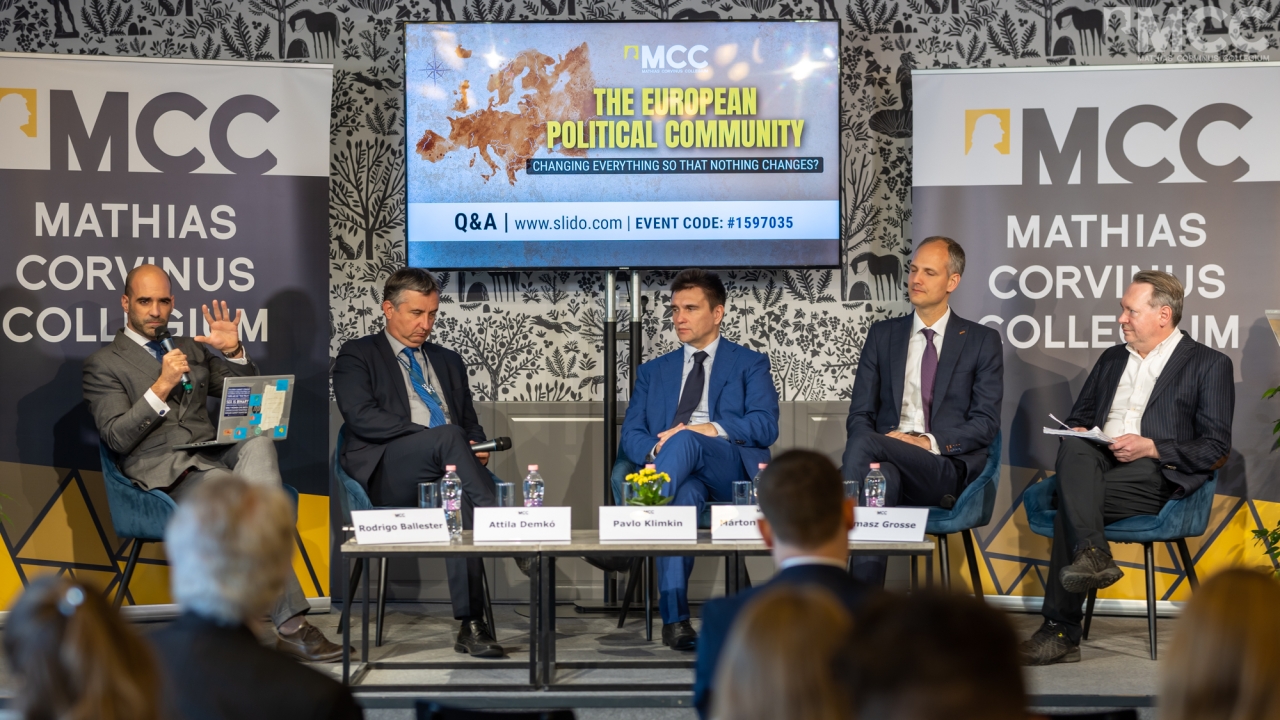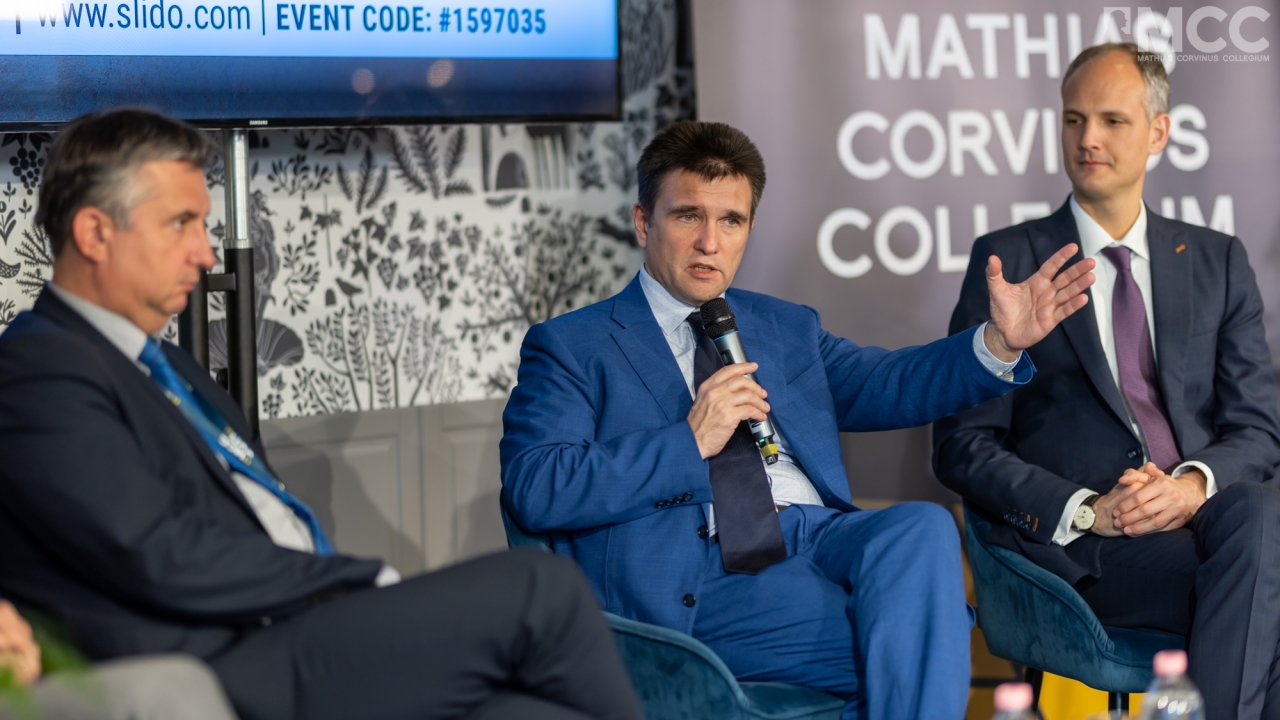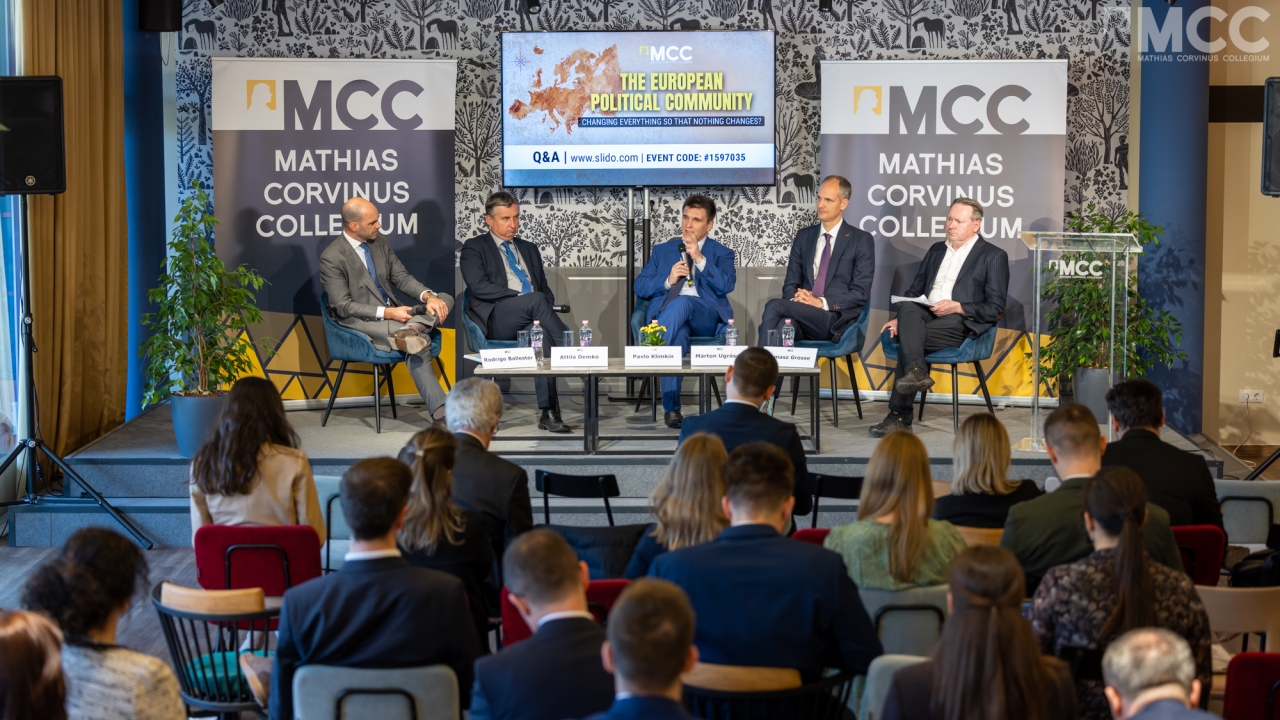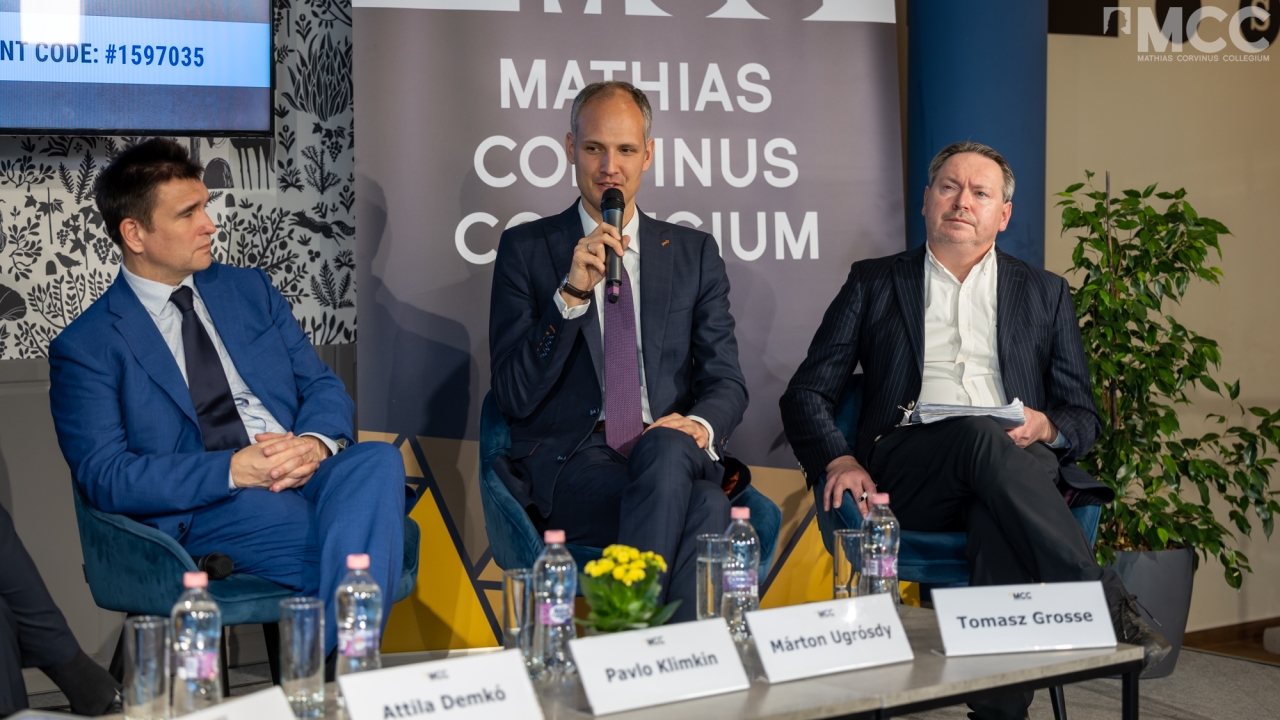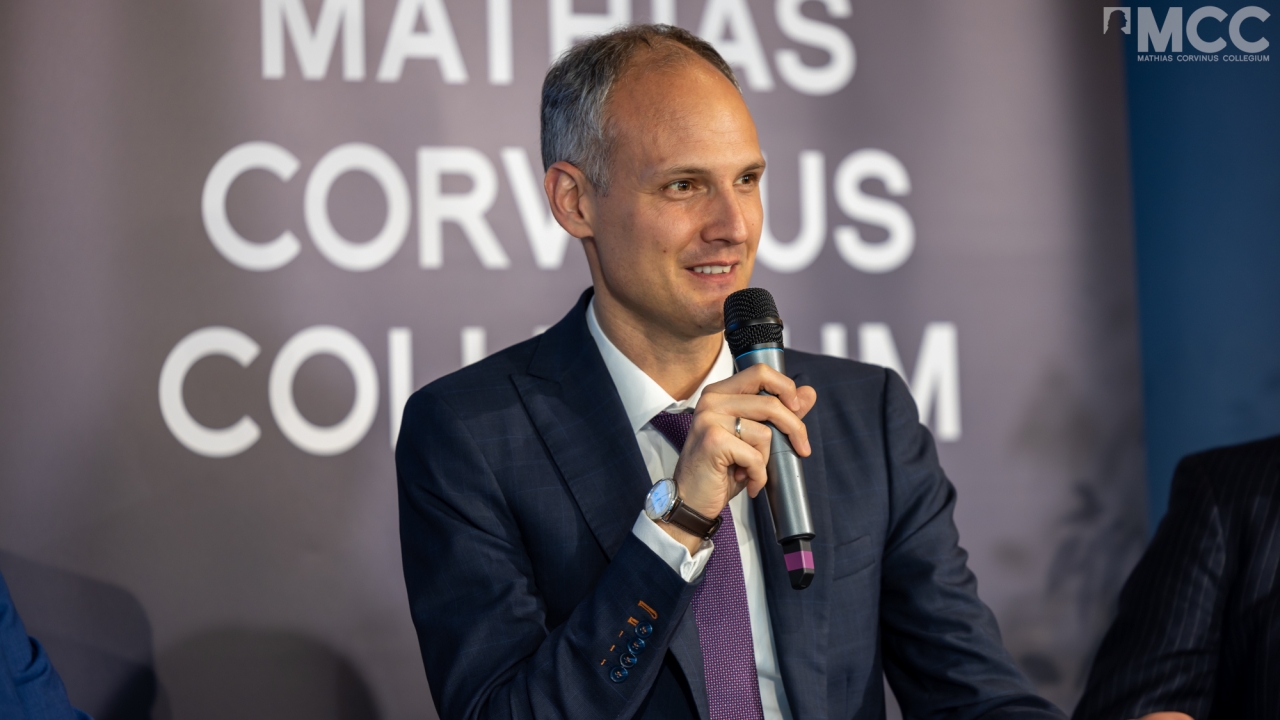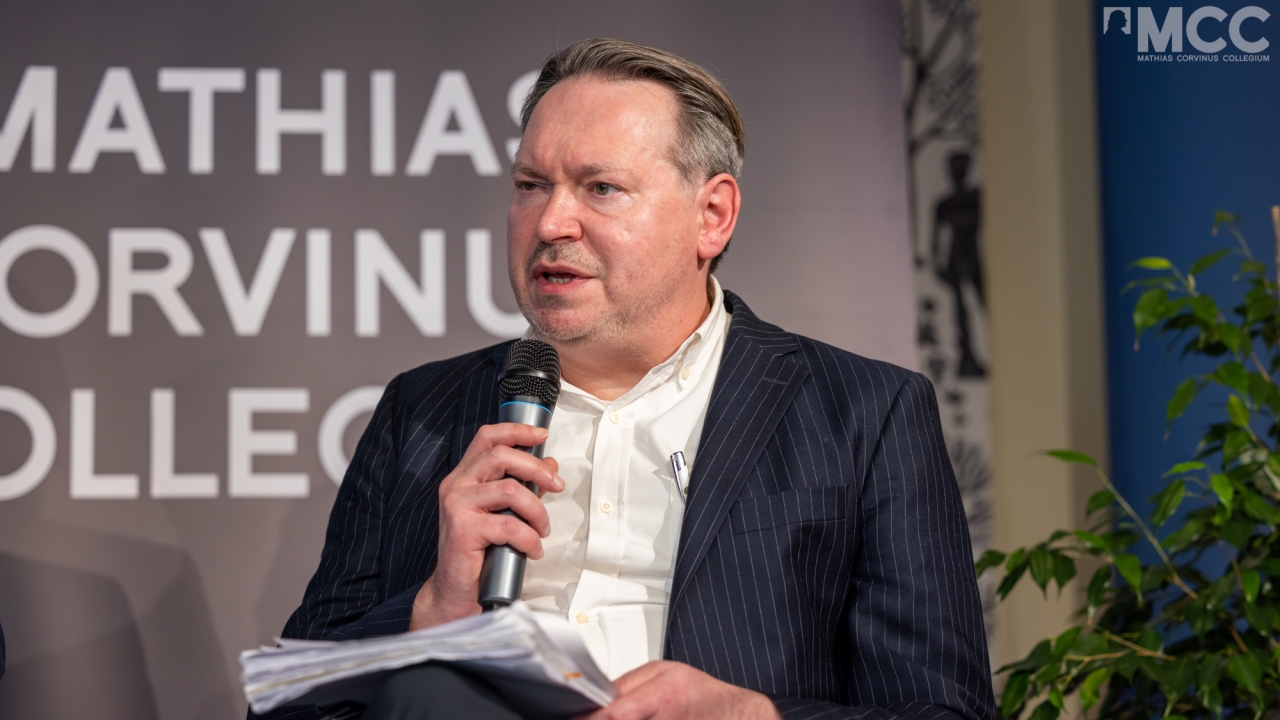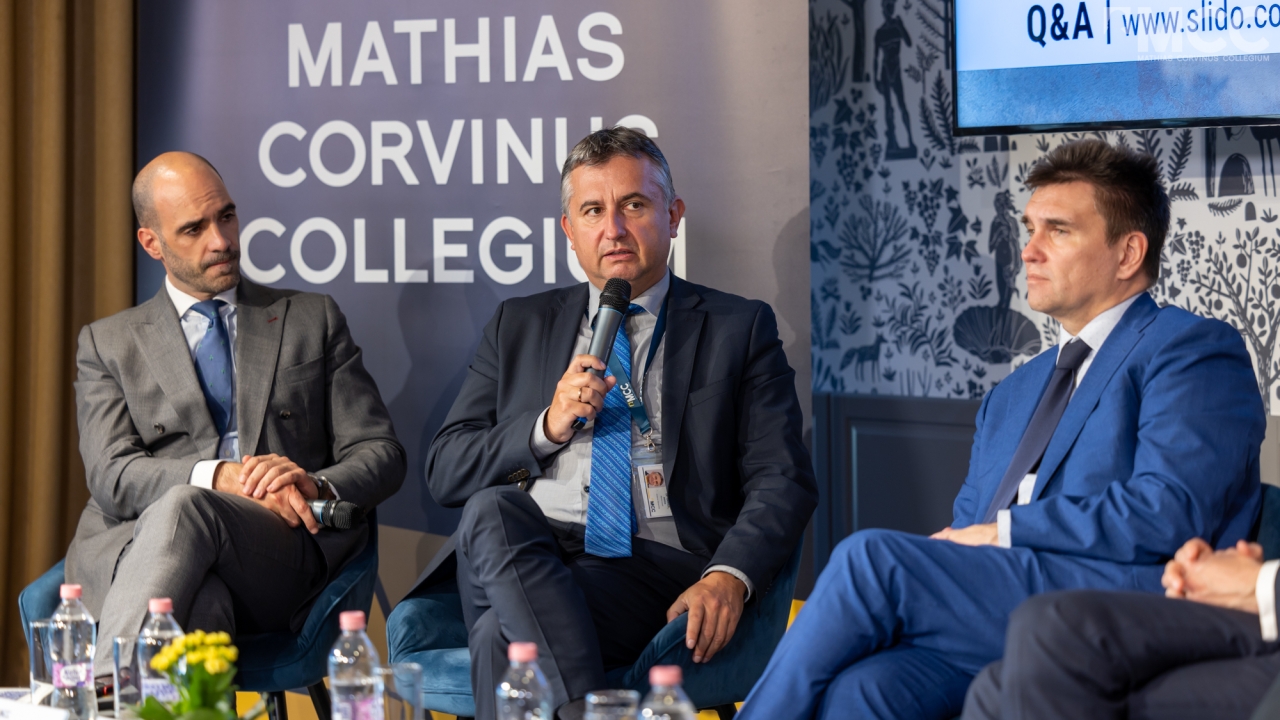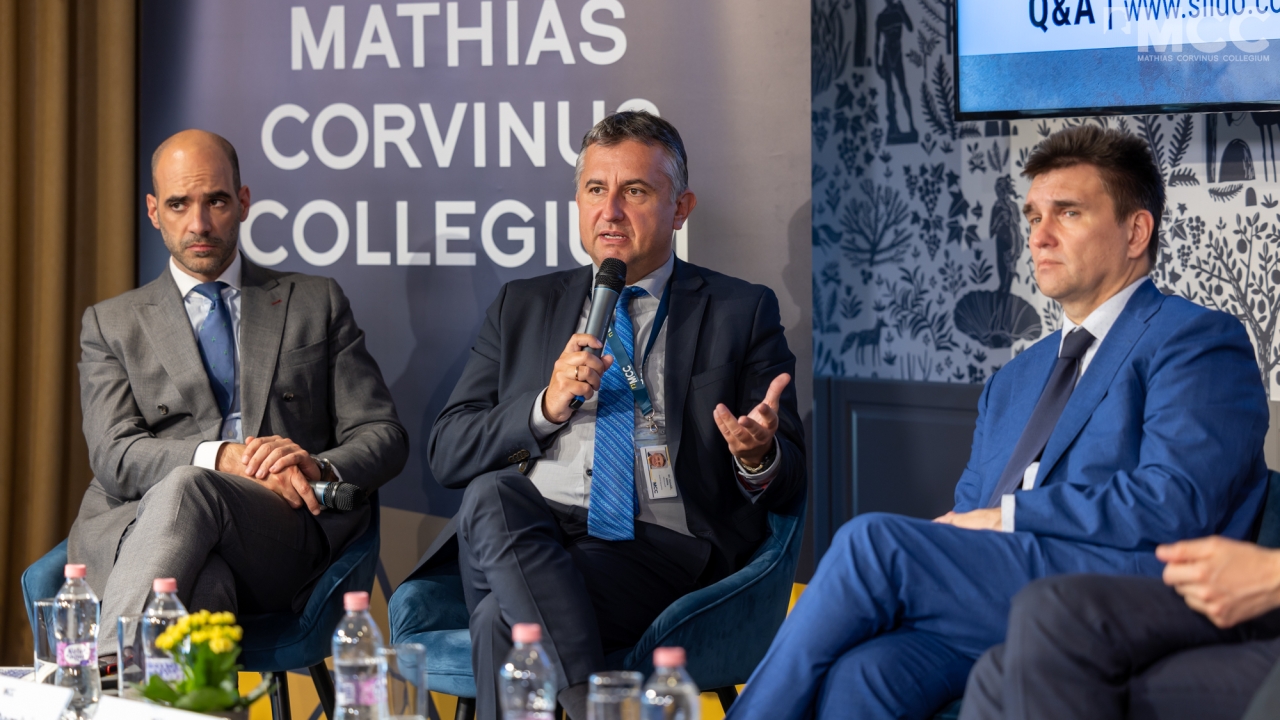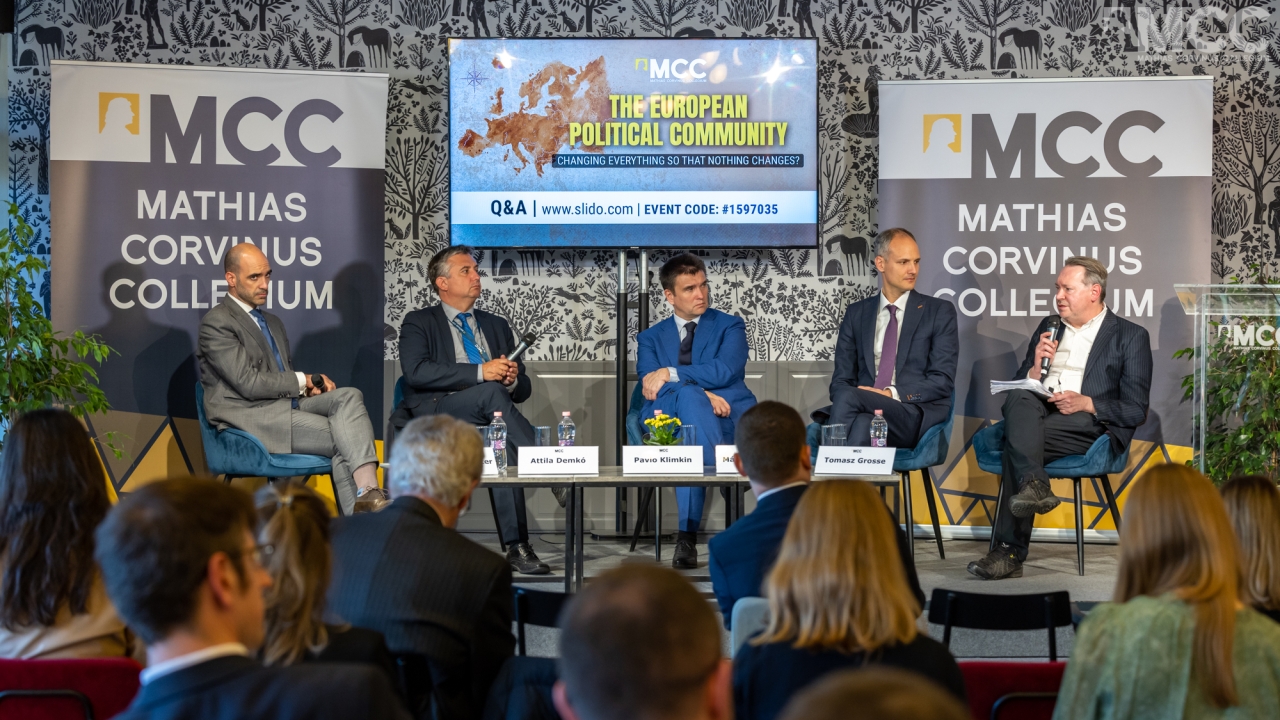Reading time: 3 minutes
More than 100 participants from 20 countries, among them several ambassadors, attended the international conference organized by the Mathias Corvinus Collegium Center for European Studies on the functioning of the European Political Community. Among the guests at the day-long event were Pavlo Klimkin, former Minister of Foreign Affairs of Ukraine, Romina Kuko, Deputy Minister of Interior of Albania, and Zviad Barkaia, Deputy Head of the Administration of the Government of Georgia.
In his opening speech, Rodrigo Ballester, head of the MCC Center for European Studies, said that it was important to discuss how the current geopolitical situation influenced the EU's enlargement policy. Péter Sztáray State Secretary for Security of the Ministry of Foreign Affairs and Trade of Hungary said that Hungary had always been in favor of the enlargement of the European Union and NATO. According to him, the European Political Community is a useful platform for countries from different backgrounds to build relationships with each other. He also pointed out that the European Political Community should not override the rules of the European Union and should not be an instrument for deepening integration. Hungary has always been in favor of the EU's enlargement to the Western Balkans, which is crucial for the stability of the region, State Secretary Sztáray stressed, adding that each candidate country must meet the same set of criteria.
The European Political Community is a platform that contributes to deepening the relations between European countries, said Zviad Barkaia, Deputy Head of the Administration of the Government of Georgia, in his address. The expert also noted that the idea of a European Political Community was already raised by Charles de Gaulle. Georgia has been working for many years to maintain good relations with the European Union, he said. He also stressed that his country was not losing sight of its goal: to become a member of the European Union.
The opening ceremony was followed by exciting panel discussions where participants had the opportunity to learn about the different aspects of the European Political Community. The first panel discussion focused on the nature of the European Political Community, with the participation of Péter Sztáray; Szabolcs Horváth, cabinet expert of Commissioner Olivier Várhelyi; Daniel Höltgen, Director of Communication at the Council of Europe, and Rodrigo Ballester.
The next block was devoted to the relations between the European Political Community and the Western Balkans, with the participation of Romina Kuko, Deputy Minister of Interior of Albania; Igor Bandovic, Director of the Centre for Security Policy in Belgrade and Aleksandar Nacev, Dean at the European University in Skopje.
The closing panel discussion of the conference addressed the question whether the European Political Community is the right accelerator for the EU's Eastern Partnership in these geopolitically turbulent times. Pavlo Klimkin, former Minister of Foreign Affairs of Ukraine; Márton Ugrósdy, Deputy State Secretary in charge of the Office of the Prime Minister's Political Director; Tomasz Grosse, Editor-in-Chief of the quarterly International Analyzes; and Attila Demkó, Head of the MCC Center for Geopolitics, sought answers to this question.
